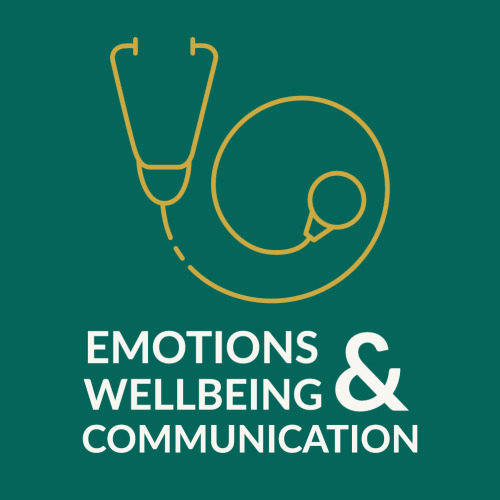The ‘PRESENCE’ Study:
Palliative care clinicians’ Reactions, Experiences and Self-awareness of Emotions iN Clinical Encounters
The overarching aim of this study is to explore how palliative care clinicians use their emotions in the delivery of end-of-life care. To achieve this, we are interested in understanding the type and intensity of emotions experienced by palliative care clinicians, as well as how and when they use their emotions in the care of patients. Similarly, we want to know more about the effects of integrating emotions in end-of-life care, the barriers and the facilitators to using emotions in end-of-life care practice, and about how emotions can be used in patient care.
Methodology: We will employ an exploratory sequential mixed methods study design, starting with a qualitative study, and followed by a quantitative study. Both studies will be conducted internationally. For the qualitative study, data will be collected via individual interviews while the quantitative approach will employ an online cross-sectional survey to collect data from a larger group of stakeholders. In a final phase, the results of the first two studies will be combined to produce a more comprehensive understanding of how clinician emotions can be integrated in patient care.
Significance: One of the main achievements of the study will be to expand the existing knowledge about how the emotions of health care professionals can be used to support the provision of care in emotionally laden contexts. As the study will entail in-depth interviewing and will explore views and attitudes at a large scale, ways on how self-reflection and the emotional responses of palliative care professionals can be used more effectively in medical practice can be defined. This is important not only for the wellbeing of the clinicians practicing in these care contexts, but also because of its direct impact on patient care. In this respect, this study has the potential to impact how people die, how health care professionals cope with these aspects of their work, how they are trained, and ultimately how they address end of life topics with dying patients and their families, not only in Switzerland, but also internationally.

